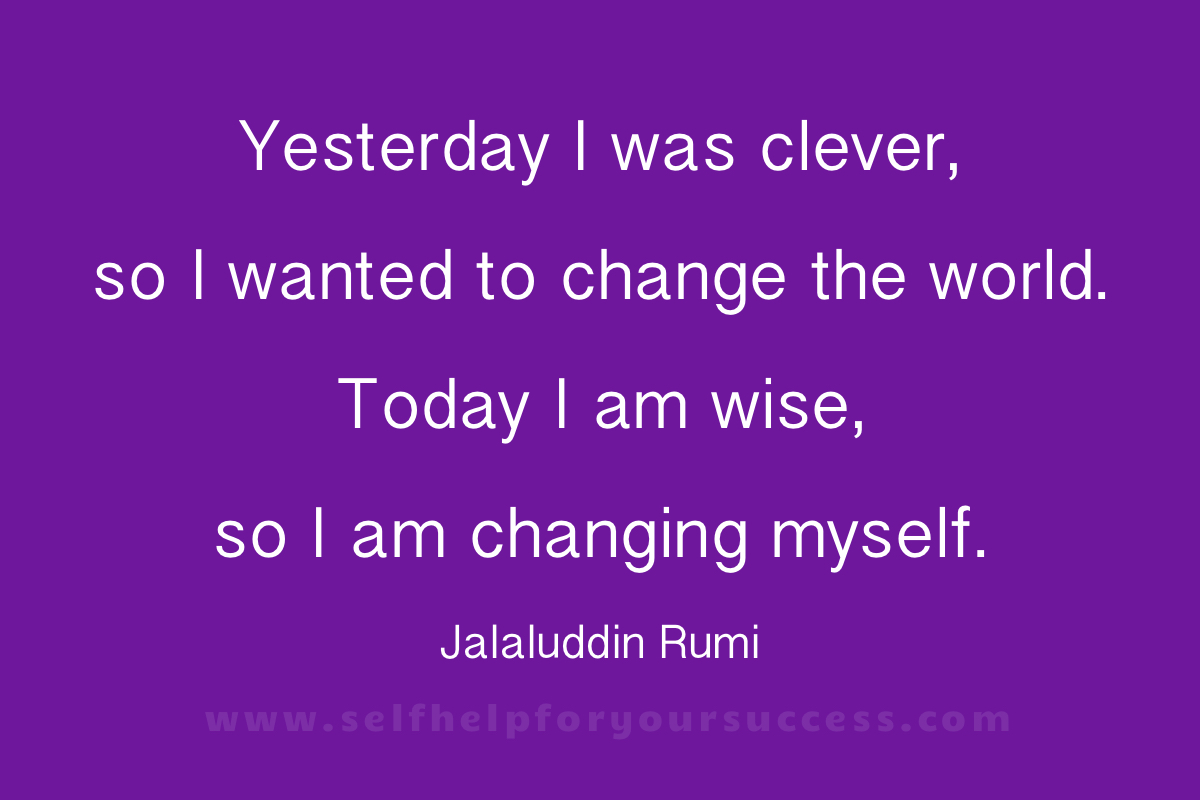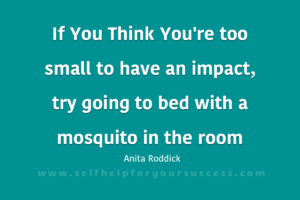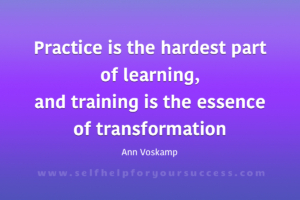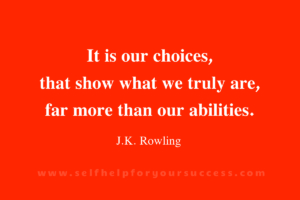When clever is not enough
This quotation suggests a radical difference between being clever and being wise. To me, it would seem that, what he means is, that being clever may stop short at amassing information. However, information alone is not enough.
We also need wisdom, having a good idea how best to use that information. We need to move on from merely clever, and become wise.
Life’s winners and losers
Being wise provides exactly what can be missing in mere cleverness. A wise person knows that information on its own is like having a lot of money, but now knowing how to spend it. I’m sure there are many people who come into money, and then squander it on silly and selfish things.
They only wake up when they’ve spent it all, and realise too late that there were many much better ways they could, and perhaps, should have spent it. They become “wise after the event.”
Classic examples, of course, are some people who win the lottery, and suddenly have an obscene amount of money. We imagine they’re “lucky.” Often, however, they go a bit mad, and suffer a kind of temporary insanity.
They go off and engage in a crazy spending spree, throwing money around, as if it were confetti. After a few months of such extravagance, they’re back to where they started. Were they “lucky”? Perhaps that’s when the regrets begin.
Knowledge is like that, yes we can pile it up in our heads, gain more everyday, but it’s wasted if it’s not put to good use.
Who can change the world?
So, can being clever change the world? Perhaps a merely clever person might be able to change some things. They could start a business, have money savvy, and make a profit. The product they’re selling could very well help a lot of people. They do change the world in some way.
However, perhaps they can’t analyse some really important changes that need to be made, and could be made. Wisdom is surely needed for that. A wise person knows how to use their knowledge to help other people. True wisdom includes generosity, service, altruism.
One who is clever, but without wisdom, may tend to be more selfish. Then again, they may not be selfish at all. Which raises the question: how does one grow knowledge into wisdom? One way that springs to mind is to make good use of a wise mentor, a role model that can add a wise dimension to a knowledgeable but immature person.
Start by changing yourself
This ties in with the last part of the quote. First, we need to change ourselves, before we can successfully change the “world” – in other words, before we can truly “win friends and influence people.” The classic advice of Gandhi springs to mind:
“be the change yourself that you wish to see in others.”
Perhaps another way of looking at the difference, is to realise that being clever may just be book knowledge. True wisdom springs from hard-earned life skills. All the priceless learning that comes from being with other people in different situations, and taking on board the lessons learned.
One sees an example of this in some TV survival programmes. It’s not always the clever guy that copes best. Often the one that shines is the ordinary man or woman with plenty of life skills. People who are wise, who know how to apply their knowledge, and work as a team.
Remember wise old Dale Carnegie?
It is a marvellous thing to want to change the world. Just make sure, it would seem, that you’ve become wise, dealing with people and knowing how best to work with them. Dale Carnegie, the wise old master, spells it out brilliantly, in his classic book “How to win friends and influence people”
He explains how to be a wise and useful member of society, how to make friends and be a person of authentic influence.
Gerry McCann
P.S. Love to hear from you about your experience of using knowledge wisely. Please leave your comments.




Thanks, that is precise approach of attaining wisdom while you have to live among humans.
Thanks Garry.
That is precise approach to the wisdom which we don’t deserve but desperately need.
Thanks